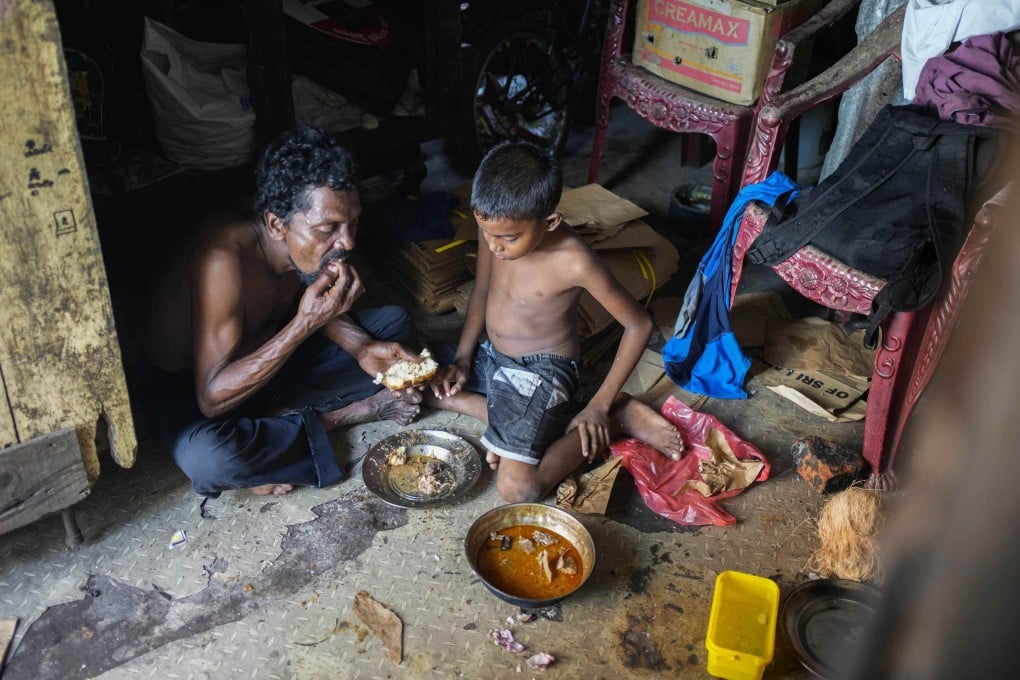Sri Lankans struggle with basic needs and IMF measures even as the economy is recovering
- Many Sri Lankans have yet to benefit from a new social welfare programme and are feeling the pinch despite easing inflation
- Their plight comes as Sri Lanka is set to receive more bailout from the IMF and its creditors ahead of key elections

Sri Lankan Jeewani Bandara had moved to Kuwait to work as a domestic helper as her country’s economic situation deteriorated, but the 45-year-old returned home last year after an accident left her unemployed.
Although the IMF prescribes social safety nets to buffer the hardships of vulnerable communities, Aswesuma has excluded many Sri Lankans facing dire economic situations as the government works out tax reforms introduced by the programme.
According to a survey by the World Food Programme released last December, 24 per cent of Sri Lankan households were found to be moderately “food insecure”.

In January, the country raised its value-added tax (VAT) rate to 18 per cent and removed tax exemptions on several goods and services, in an attempt to increase government revenue.
